Scientists Think Orcas Might Be Getting Smarter As They Show Frightening New Behaviours
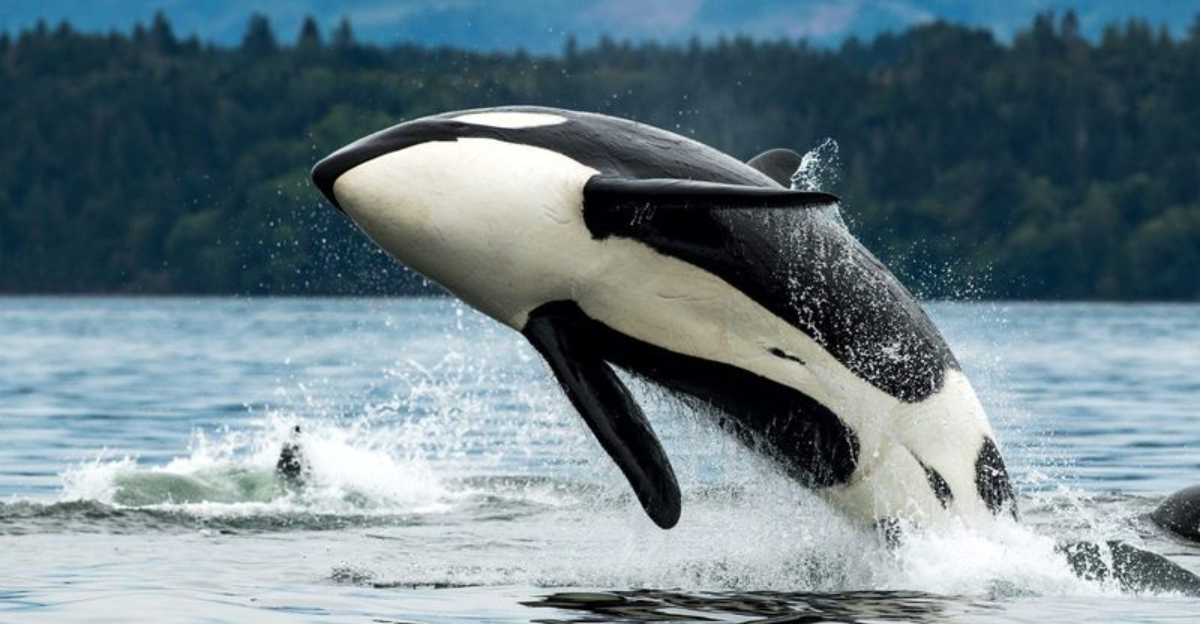
The ocean’s top predator is showing some seriously worrying new tricks. Over the past few years, killer whales have been targeting boats with what appears to be organized, deliberate attacks.
Marine biologists are both fascinated and concerned by these displays of problem-solving intelligence that suggest orcas might be evolving their cognitive abilities in response to their environment.
1. Orcas Have Sunk Multiple Boats In Recent Years
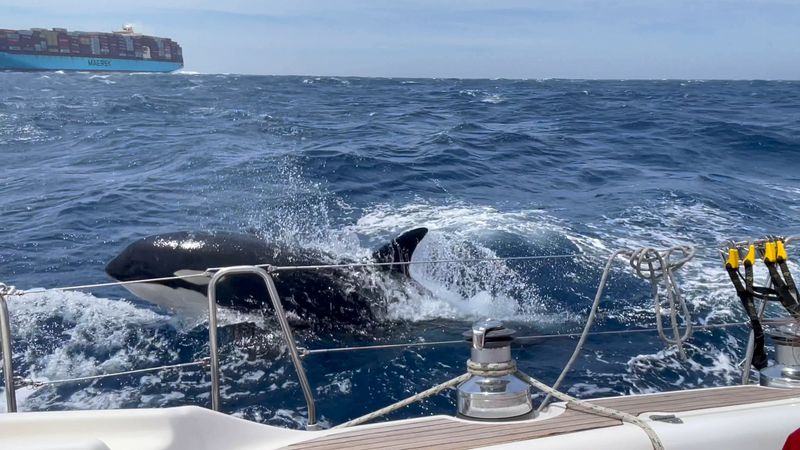
What started as isolated incidents has turned into a disturbing pattern. Since 2020, at least three vessels have been completely sunk by coordinated orca attacks.
The precision of these sinkings suggests more than random aggression. Sailors report the animals working together methodically until the boat becomes unseaworthy.
2. Attacks Have Been Recorded Off The Coast Of Spain
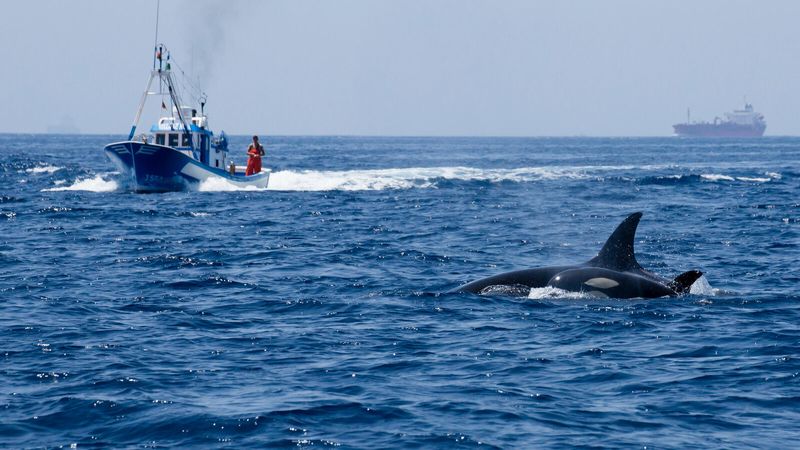
The Strait of Gibraltar has become ground zero for these unusual encounters. Spanish coastal waters between Morocco and the Iberian Peninsula have seen the highest concentration of incidents.
Local authorities now issue warnings to small vessels traversing these waters, especially during migration seasons when orca activity peaks.
3. Behaviour Is Most Common In Iberian Orca Pods
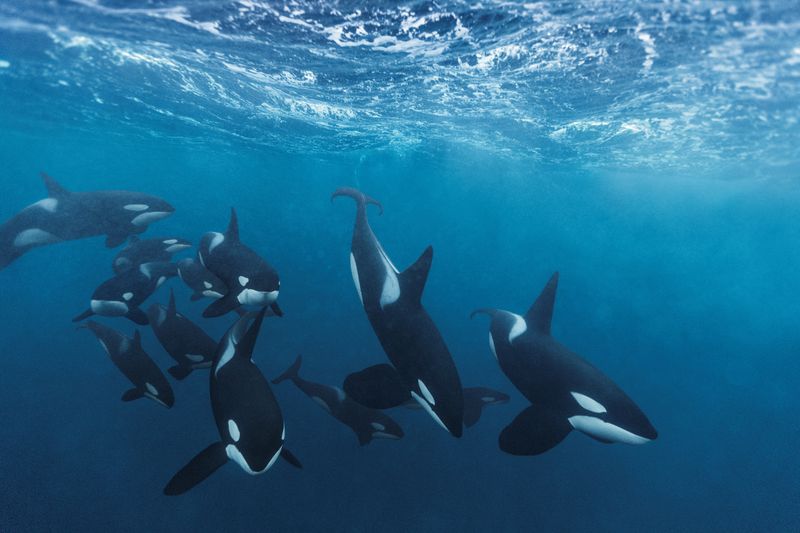
The critically endangered Iberian orca population seems to be the main culprit. With only 39 individuals remaining, this tight-knit group appears to share knowledge among themselves.
Researchers have identified specific “ringleaders” who initiate attacks, with others joining in after observing success. This cultural transmission resembles how human behaviors spread through communities.
4. Orcas Target Rudders With Striking Precision
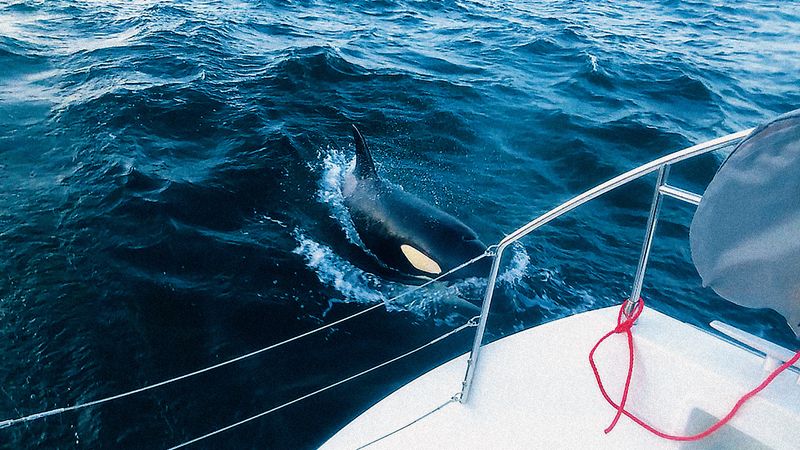
These black-and-white strategists don’t attack randomly. They specifically ram boat rudders – the underwater steering mechanism – rendering vessels uncontrollable in open water.
Some witnesses report seeing orcas inspect boats before attacking, swimming alongside and underneath as if assessing the target. The calculated nature of these strikes has marine experts concerned.
5. Scientists Believe It May Be Socially Learned
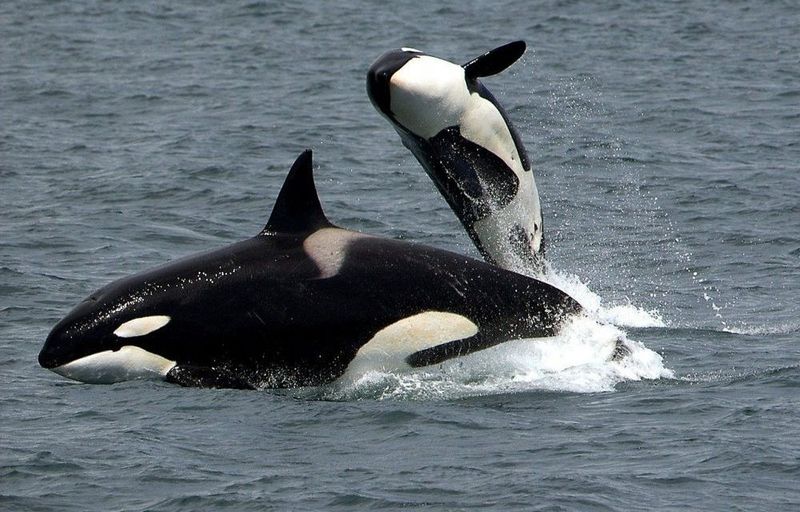
The smoking gun? These behaviors spread like wildfire through orca communities. One female nicknamed “White Gladis” reportedly began the trend after a traumatic encounter with fishing equipment.
Her pod members watched and learned. Now younger generations copy the technique without having experienced the original trauma, showcasing their remarkable capacity for cultural learning.
6. Younger Orcas Are Copying Adult Behaviours
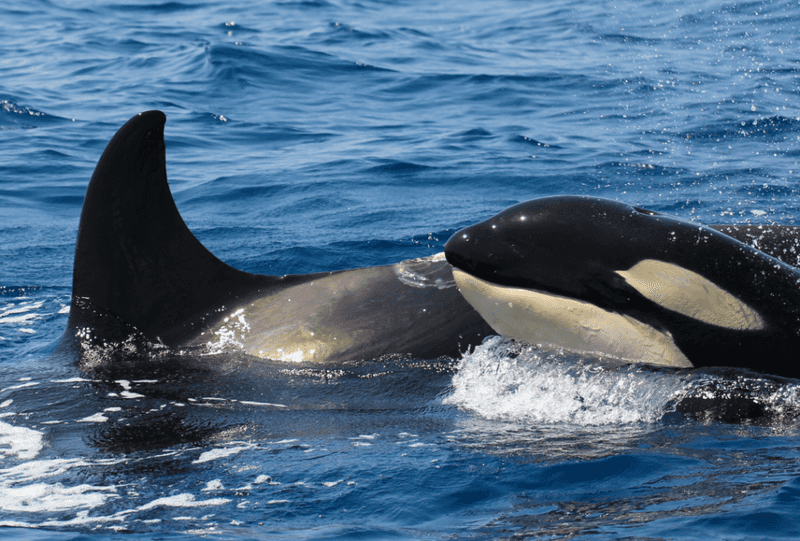
Junior whales have turned boat-bumping into the latest underwater trend. Juvenile orcas observe adults during encounters, then practice on their own, often with increasing skill.
This mirrors how young orcas learn hunting techniques for seals or fish. The difference? This time they’re targeting human technology, showing remarkable adaptability to new situations and challenges.
7. Some Incidents Appear Playful, Others Aggressive
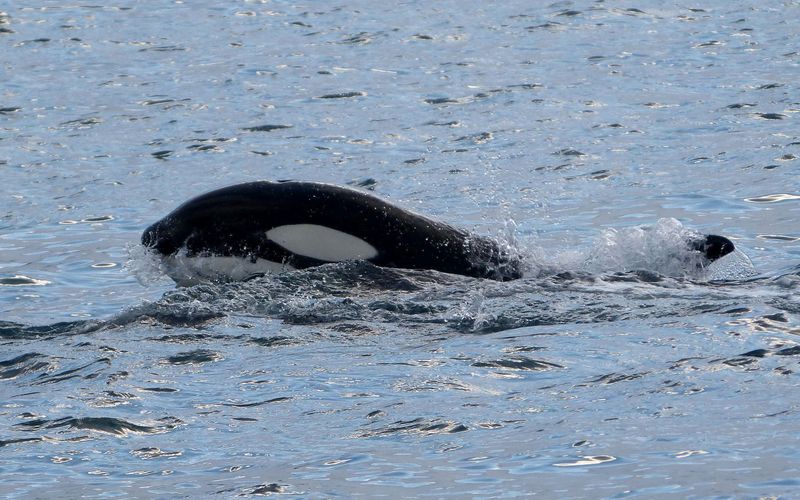
The mood swings are real with these marine mammals. Certain encounters resemble a cat toying with a mouse – orcas nudging boats almost playfully before swimming away uninterested.
Other incidents turn frightening fast, with determined ramming until boats take on water. This range of behaviors puzzles researchers who struggle to interpret the underlying motivations of these complex animals.
8. Attacks Often Occur In Small Coordinated Groups
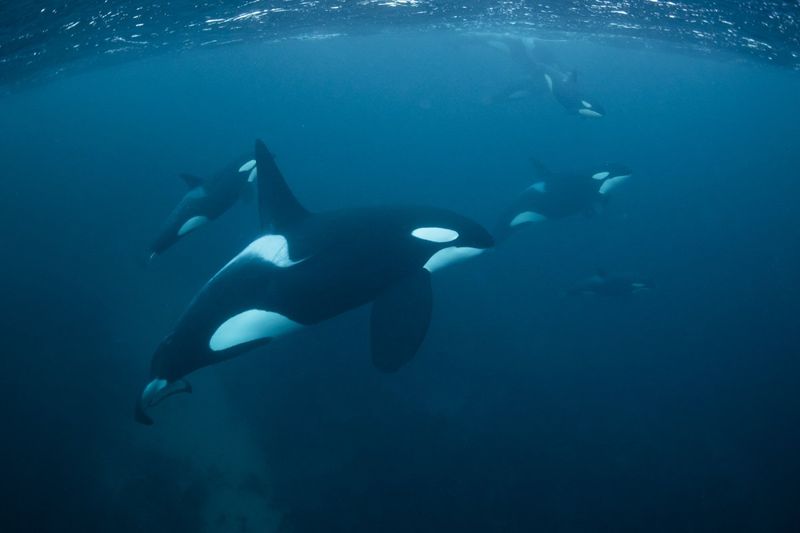
Teamwork makes the dream work for these aquatic masterminds. Groups of 2-5 orcas coordinate with uncanny precision during boat encounters.
They take turns ramming while others circle or rest. Some even position themselves strategically around vessels to prevent escape. This level of coordination requires communication and planning previously underestimated in non-human species.
9. No Confirmed Human Fatalities From These Incidents
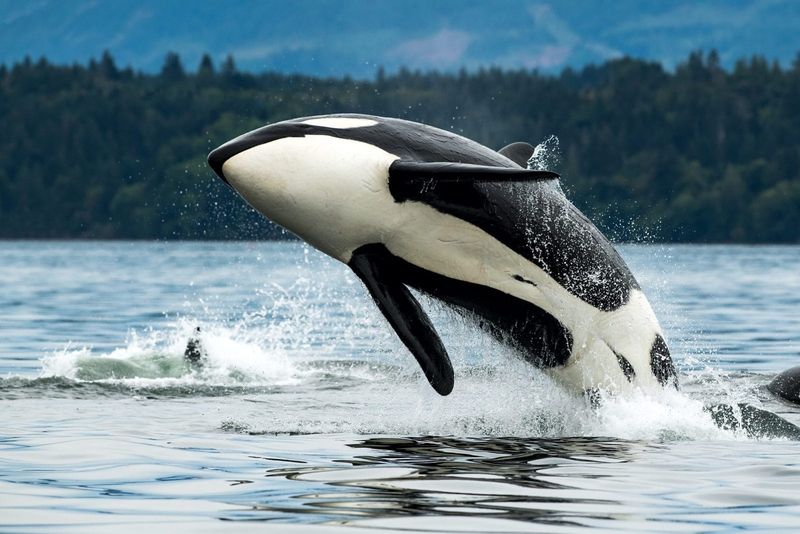
Despite the terrifying nature of these encounters, orcas seem to target vessels, not people. When boats sink, the animals typically leave swimmers alone – a curious detail that has researchers scratching their heads.
This selective aggression suggests the orcas distinguish between boats and humans, focusing their attention specifically on marine technology rather than the people operating it.
10. Behaviour May Be A Response To Past Trauma
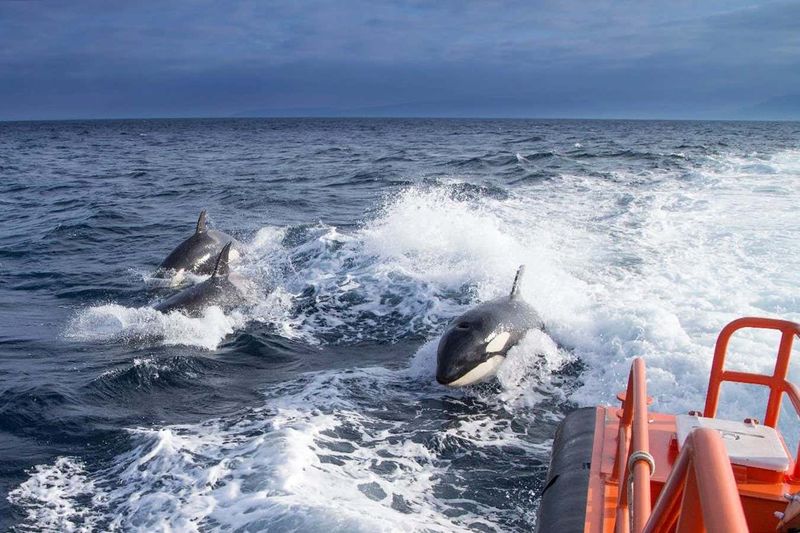
The revenge theory gains traction among some experts. Many believe these behaviors stem from negative human interactions – illegal fishing, boat collisions, or propeller injuries that left lasting psychological impacts.
Orcas can remember specific boats and humans for decades. The possibility that these attacks represent a form of retaliation challenges our understanding of animal cognition and emotional processing.
11. Experts Are Still Unsure Of The Orcas’ Motivation
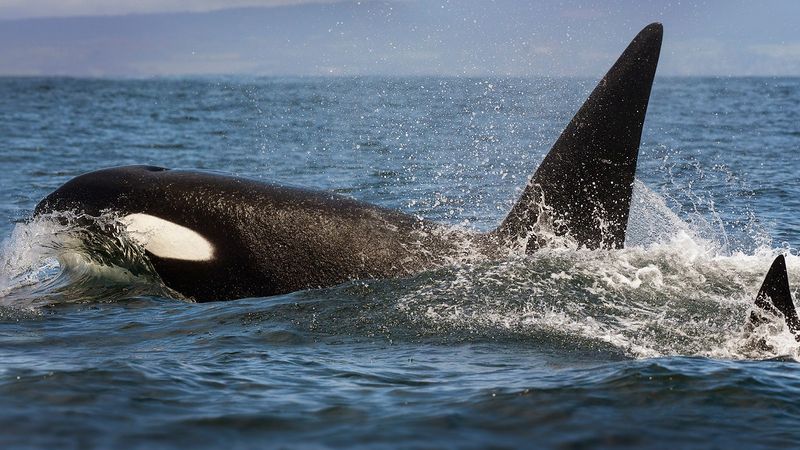
The million-dollar question remains unanswered: why? Some scientists propose it’s simply play behavior gone wrong. Others suggest it’s resource competition or territorial defense.
The most unsettling theory suggests we’re witnessing the emergence of novel problem-solving behaviors in response to changing ocean conditions. Whatever the reason, these incidents highlight how little we truly understand about one of Earth’s most intelligent non-human species.






